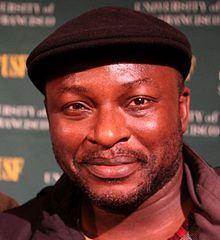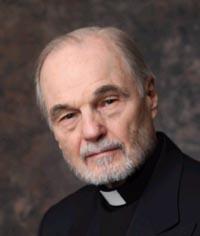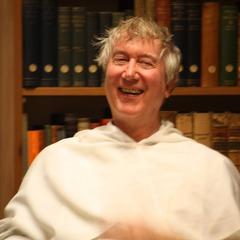John Henry Newman Quotes - Page 3

John Henry Newman (1844). “Sermons, Chiefly on the Theory of Religious Belief: Preached Before the University of Oxford”, p.225, Aeterna Press
John Henry Newman, Ian Turnbull Ker, Thomas Gornall, Gerard Tracey, Francis J. McGrath (1961). “Letters and Diaries: The Vatican Council, June 1870-Dec. 1871”
Blessed John Henry Newman, Aeterna Press (2009). “The Idea of a University”, p.165, Aeterna Press
John Henry Newman (1850). “Lectures of certain difficulties felt by anglicans in submitting to the Catholic Church”, p.236
By a garden is meant mystically a place of spiritual repose, stillness, peace, refreshment, delight.
John Henry Newman (2002). “Prayers, Verses, and Devotions”, p.127, Ignatius Press
'Faith and Reason, contrasted as Habits of Mind' (Epiphany, 1839), in 'Oxford University Sermons' (1843) no. 10
John Henry Newman, Dave Armstrong (2012). “The Quotable Newman: A Definitive Guide to His Central Thoughts and Ideas”, p.151, Sophia Institute Press
John Henry Newman, James Tolhurst (1849). “Discourses Addressed to Mixed Congregations”, p.188, Gracewing Publishing
The love of our private friends is the only preparatory exercise for the love of all men.
John Henry Newman (2012). “John Henry Newman: Spiritual Writings”, p.41, Orbis Books
It is as absurd to argue men, as to torture them, into believing.
'The Usurpations of Reason' (1831), in 'Oxford University Sermons' (1843) no. 4
John Henry Newman (1997). “Parochial and Plain Sermons”, p.1416, Ignatius Press
John Henry Newman (1871). “Essays: Critical and historical”, p.365
Purity prepares the soul for love, and love confirms the soul in purity.
John Henry Newman, James Tolhurst (1849). “Discourses Addressed to Mixed Congregations”, p.63, Gracewing Publishing
John Henry Newman (1876). “Discourses Addressed to Mixed Congregations”, p.319
On the Scope and Nature of University Education Preface
'The Dream of Gerontius' (1865)






